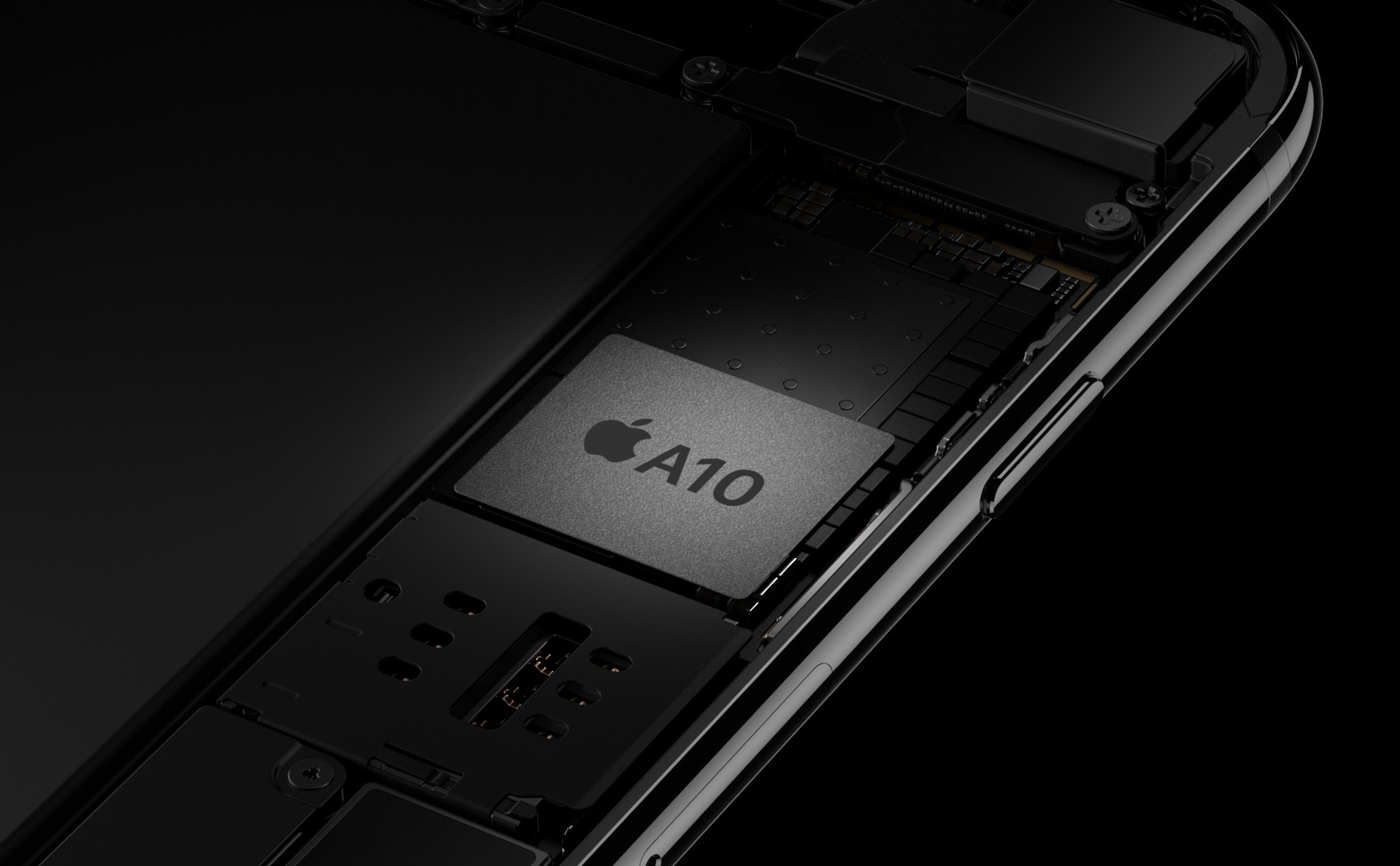
A U.S. judge on Monday ordered Apple to pay $506 million in damages to the Wisconsin Alumni Research Foundation (WARF), the University of Wisconsin-Madison’s patent-licensing arm, for violating its chip efficiency patent.
The WARF’s patent for a “Table Based Data Speculation Circuit for Parallel Processing Computer” outlines a predictor circuit which enables quicker code execution based on previous instructions and mis-speculations detected at the final stages of processing.
Apple’s in-house designed chips from the A7 processor onward have been found to use the patented technology to improve efficiency and speed up code execution. University of Wisconsin computer science professor Gurindar Sohi and three of his students obtained the patent in 1998.
While the WARF sought $862 million during 2016’s patent trial, a jury awarded it $234 million in damages. At the time, Apple told the WARF its policy prevented it from accepting or even considering proposals from outside entities regarding licensing for any purpose.
According to Reuters, as a result of Apple’s continued infringement of the patent, U.S. District Judge William Conley in Madison added $272 million to the original $234 million verdict from October 2015 for additional damages plus interest.
The iPhone maker is appealing Conley’s ruling, according to court papers.
Apple previously asked the U.S. Patent and Trademark Office to invalidate the WARF patent, which expired in December 2016, but its bid was rejected.